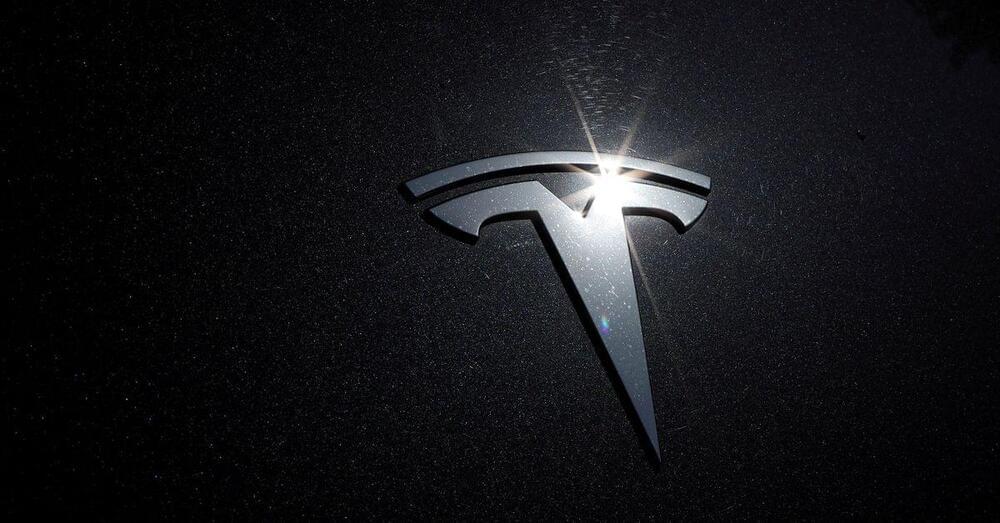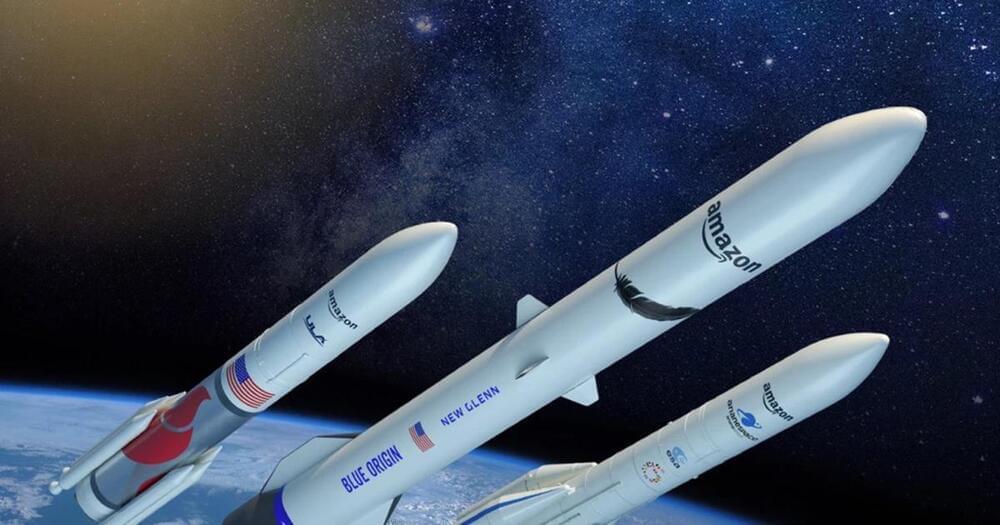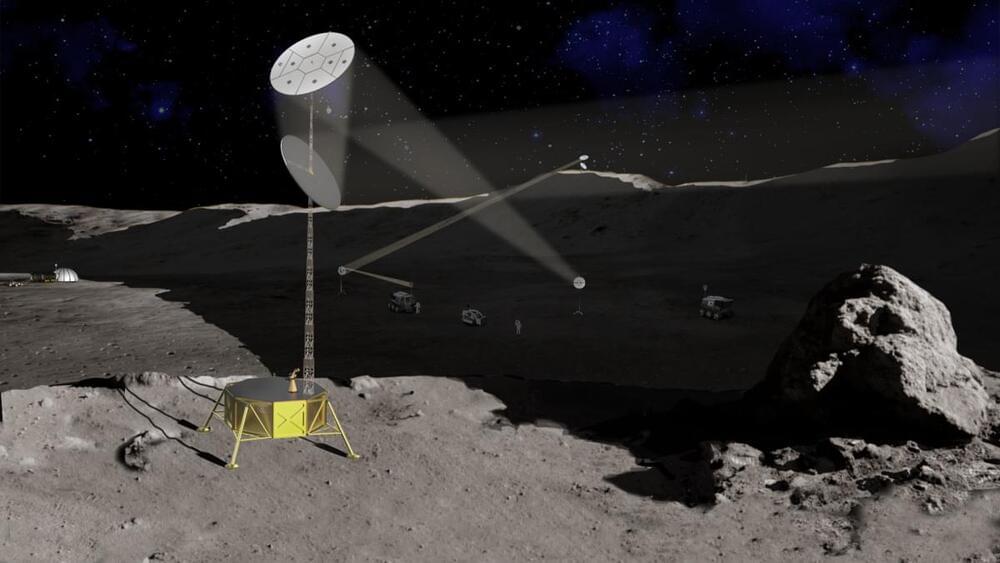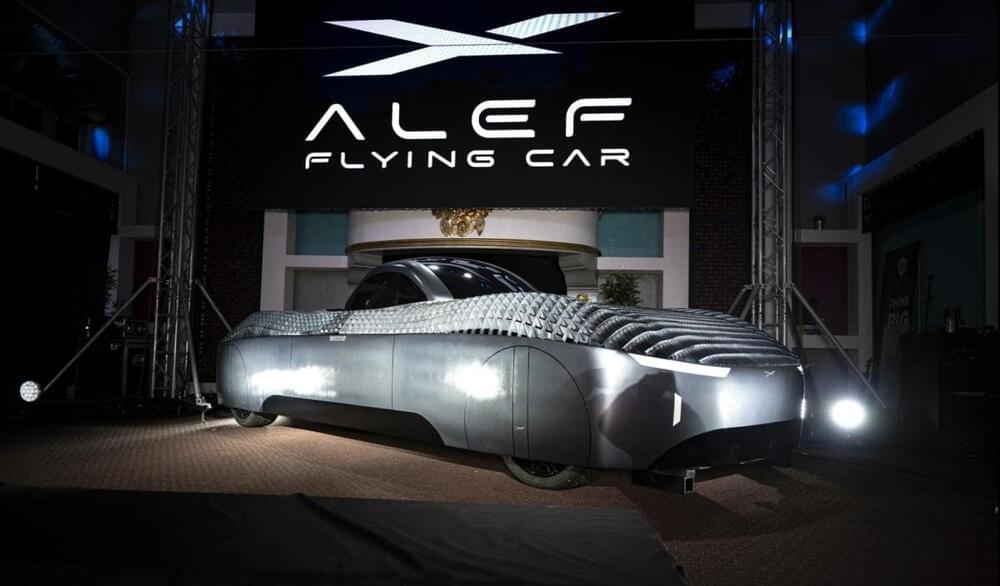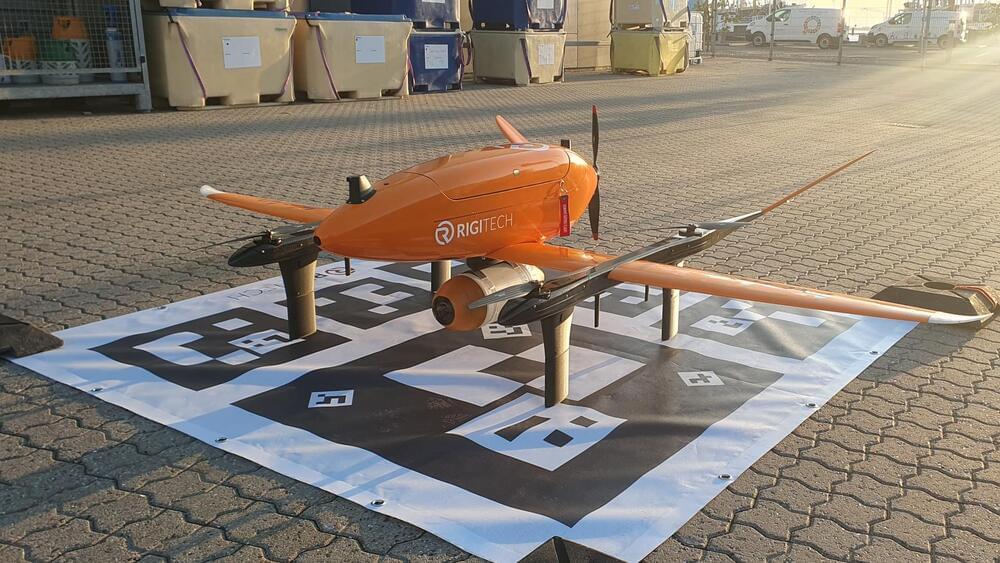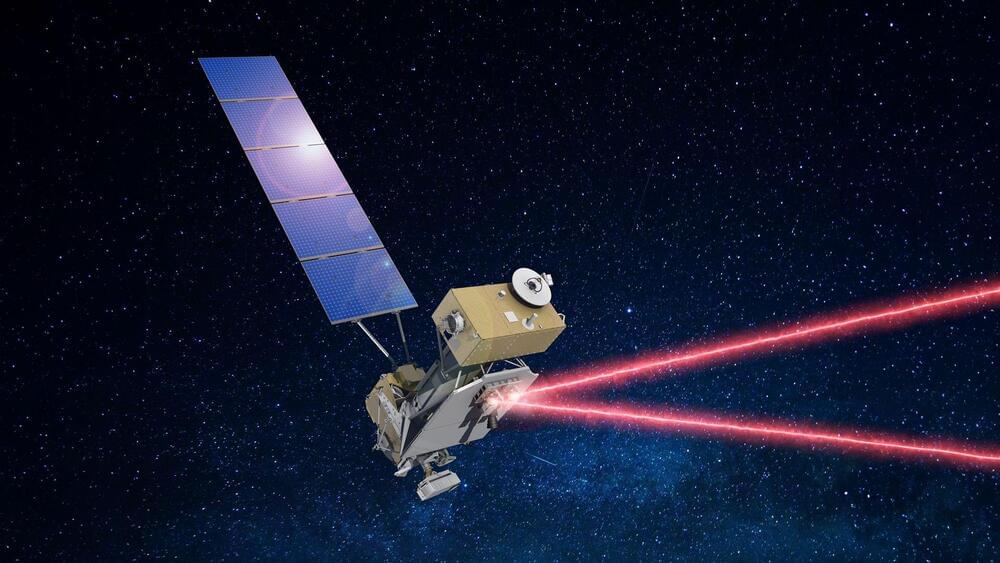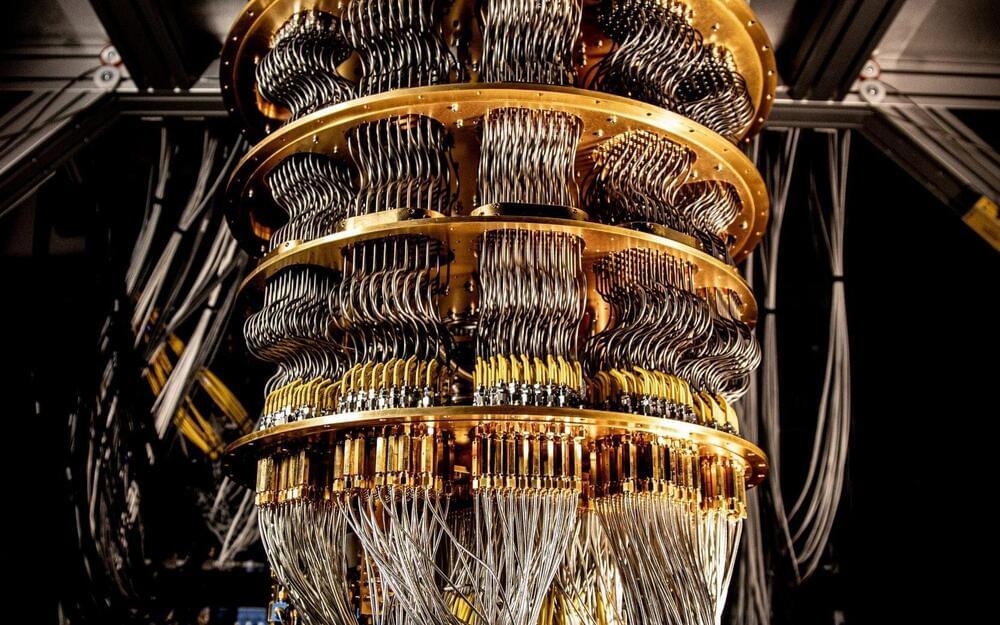Jul 4, 2023
Tesla extends blistering rally after quarterly deliveries beat
Posted by Genevieve Klien in categories: Elon Musk, sustainability, transportation
July 3 (Reuters) — Tesla (TSLA.O) shares jumped about 7% on Monday after better-than-expected quarterly deliveries showed that Chief Executive Elon Musk’s plan of boosting volumes through discounts was working.
The day’s gains lifted the top U.S. electric-vehicle manufacturer’s market capitalization by around $57 billion to $887 billion.
At $277, the stock has already more than doubled in value this year and risen far above price targets set by analysts, prompting caution from some brokerages that margins will suffer because of the aggressive discounting spree.
